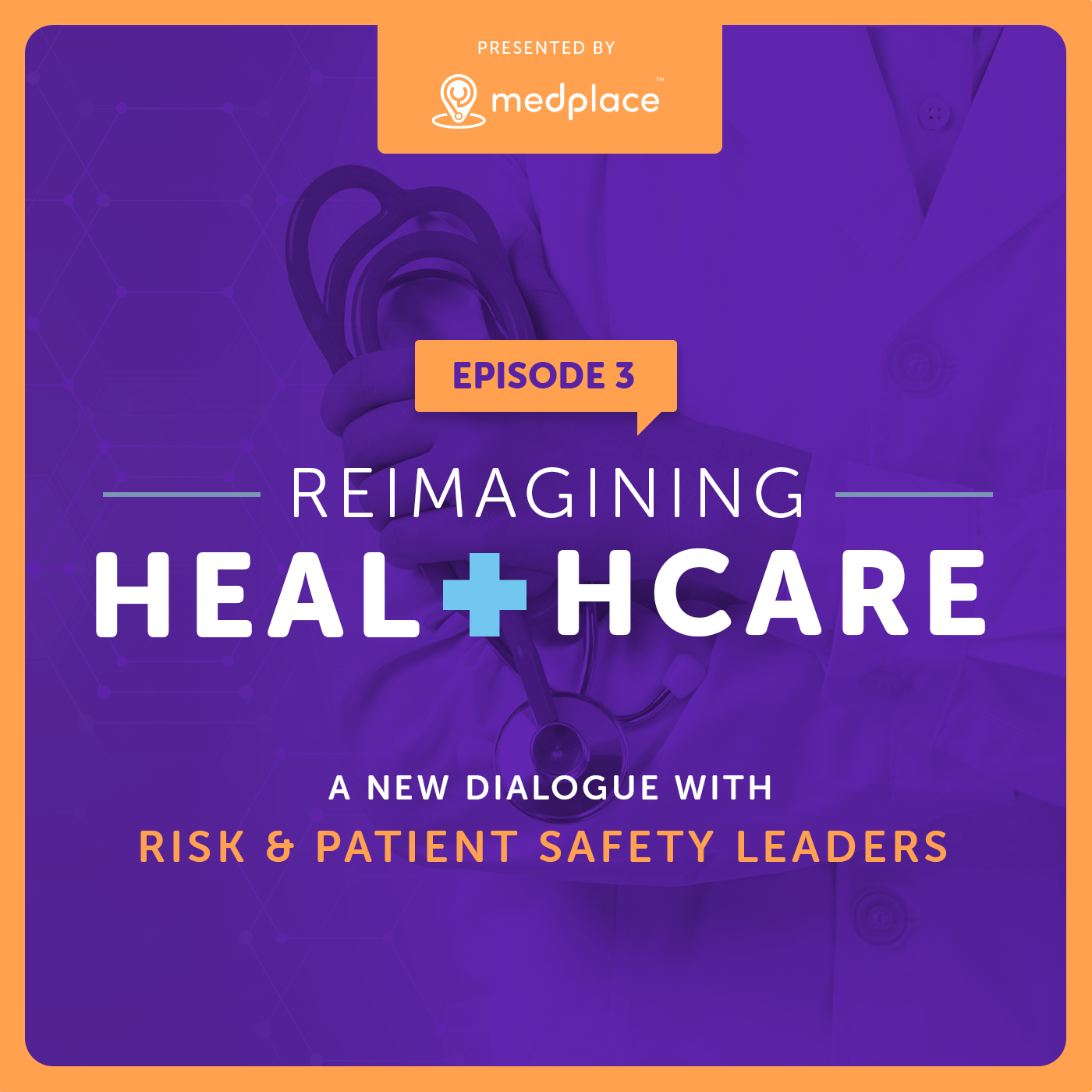Related Resources
Everything You Need to Know About Improving Medical Peer Review
This guide will help explain everything you need to know about improving Medical Peer Review.
2 Ways to Standardize Your Peer Review Process
Here's how to standardize your hospital's peer review process with clinical guidelines and data collection.
Tips for Doctors Navigating Medical Peer Review
So, you've been selected to either conduct or be reviewed by a peer at your hospital. Here is what you need to know.



